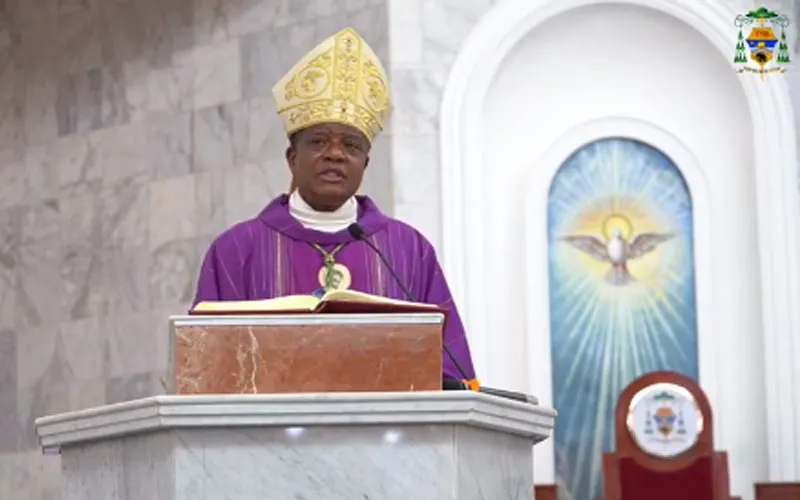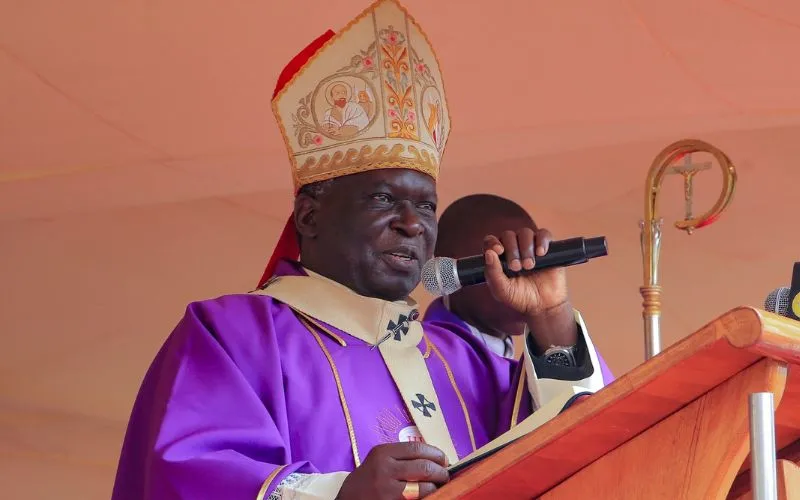Making reference to Nigeria’s President Muhammadu Buhari’s ascension to power, Bishop Onah said, “Nigerians thought in 2015 their problems would be solved once they changed their President and governors. It does not happen that way.”
“Nigeria is in dire need of an encounter, a transforming encounter with Christ,” the Bishop said.
“I think our situation in Nigeria today has passed the level we would like to see,” the Local Ordinary of Nsukka Diocese noted, adding, “We need to see Jesus. That is the only way we can start walking back from the path of destruction on which we have all stepped.”
Terming the situation in Africa’s largest economy as “an unheard cry of Jesus Christ,” the 65-year-old Bishop noted that the people of God in Nigeria “must hear that cry loud and clear and lead back the people of God to encounter Jesus and show the rest of Nigerians the way to Jesus Christ.”
“We need to see Jesus and the hour has come. There is no more time for postponement,” Bishop Onah said.
He continued, “This is the time because this is the only time we will realize that what will wave this country is that type of imitation of Christ where all of us will accept to die like a seed so that a new Nigeria will be born.”
“We must die to our selfishness; all this accumulation of wealth and power must die so that we look up to He who has been lifted up on the Cross totally sacrificing Himself for us. He will draw us up as a new creation and our country and all of us will live again,” he said during his March 21 homily.
The Bishop appealed, “My dear brothers and sisters, please let us hear this cry and throw ourselves at the feet of Jesus and take all those who we encounter in our lives by their hand and lead them to a transforming encounter with Jesus Christ.”
Meanwhile, Archbishop Ignatius Kaigama of Nigeria’s Abuja Archdiocese has decried the misuse of public resources in the West African country.
In his homily March 21, Archbishop Kaigama who was making reference to the Gospel reading of the day underscored the need for the people of God in Nigeria to “die to self” for a new country to be born.








